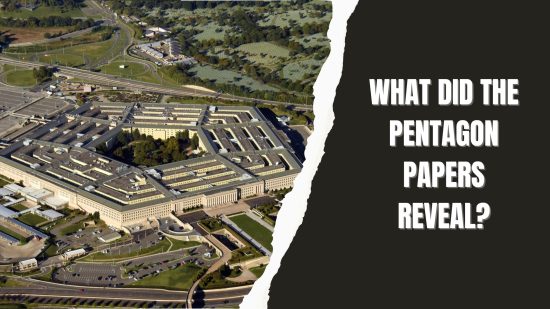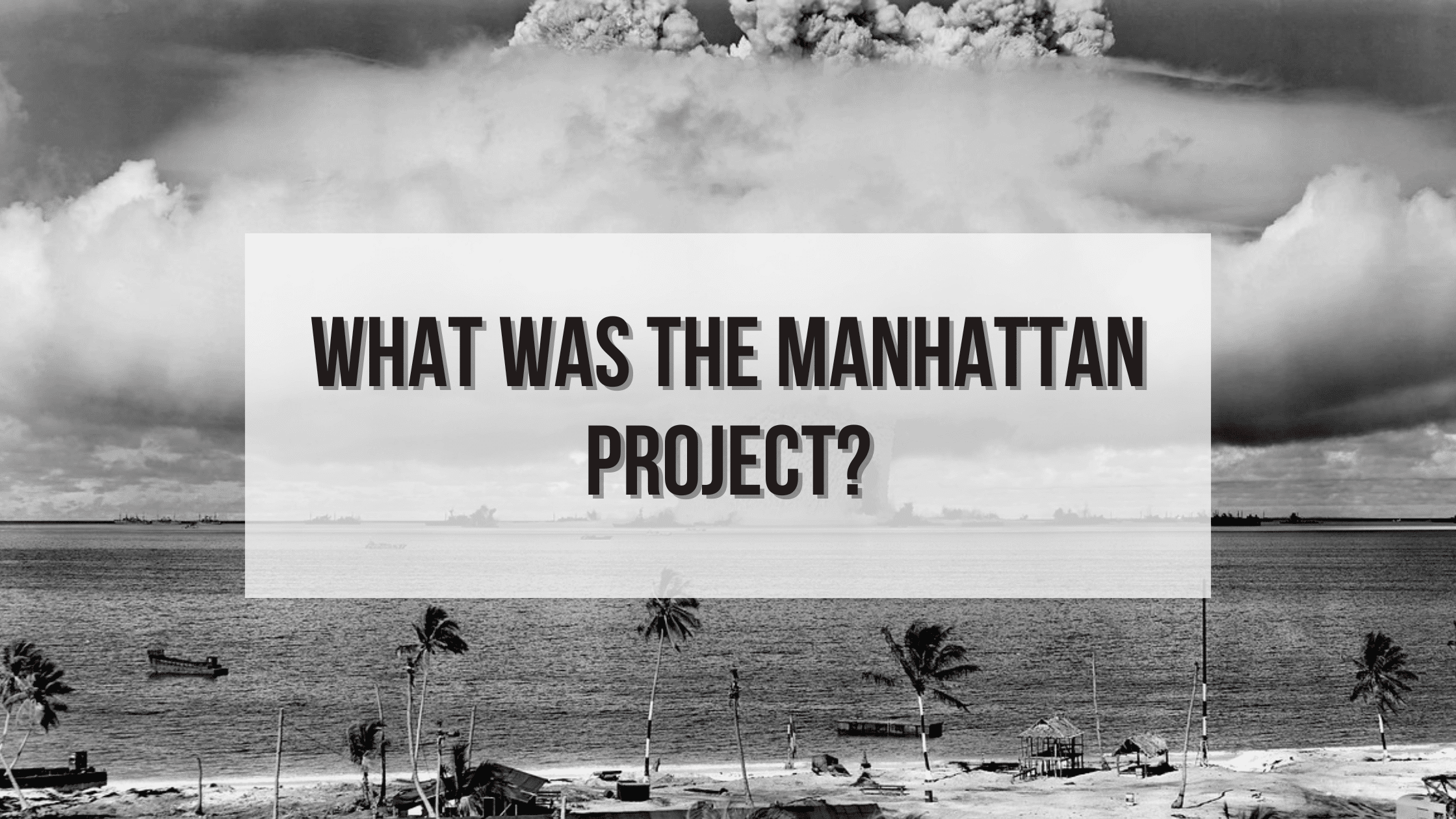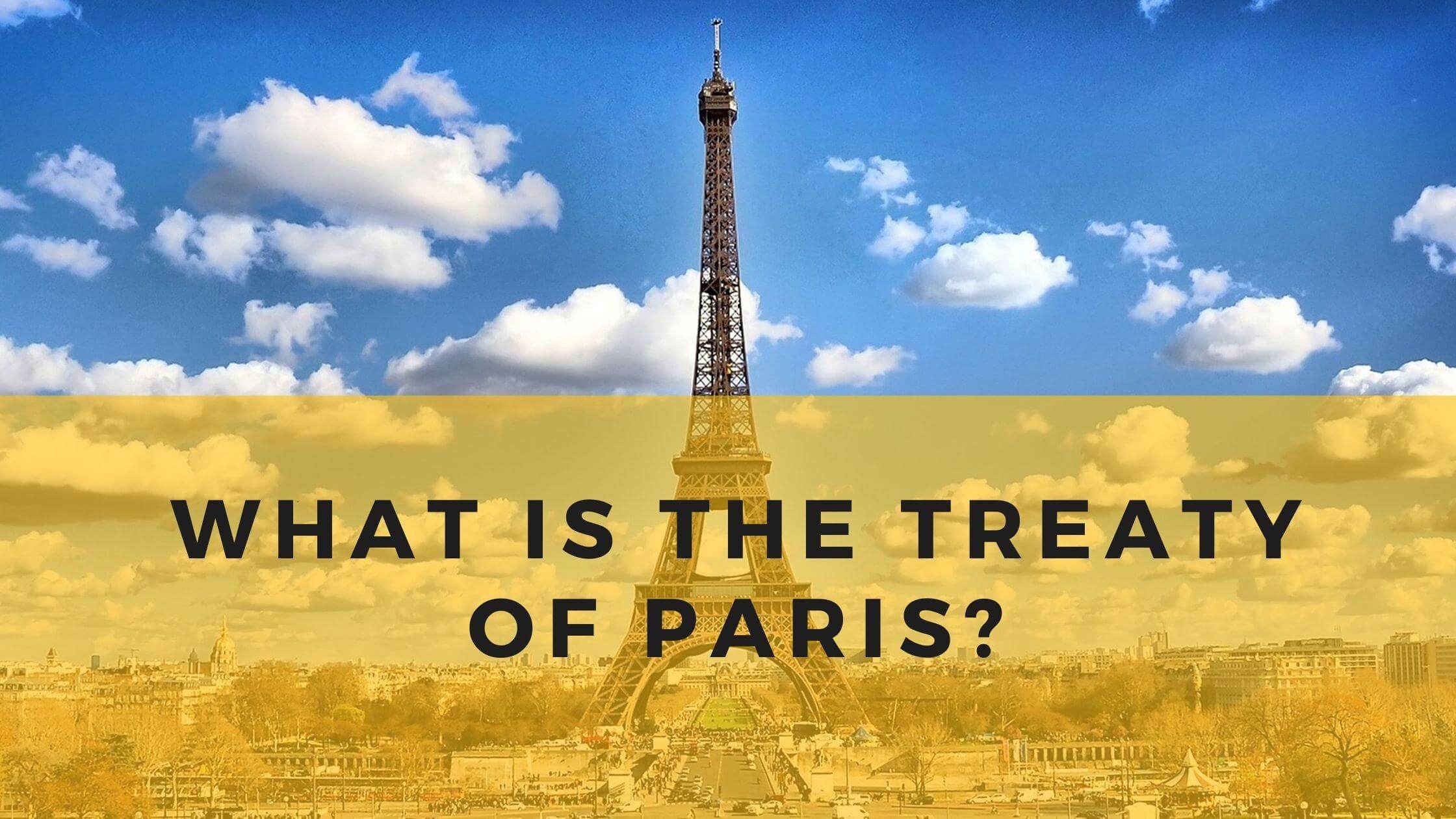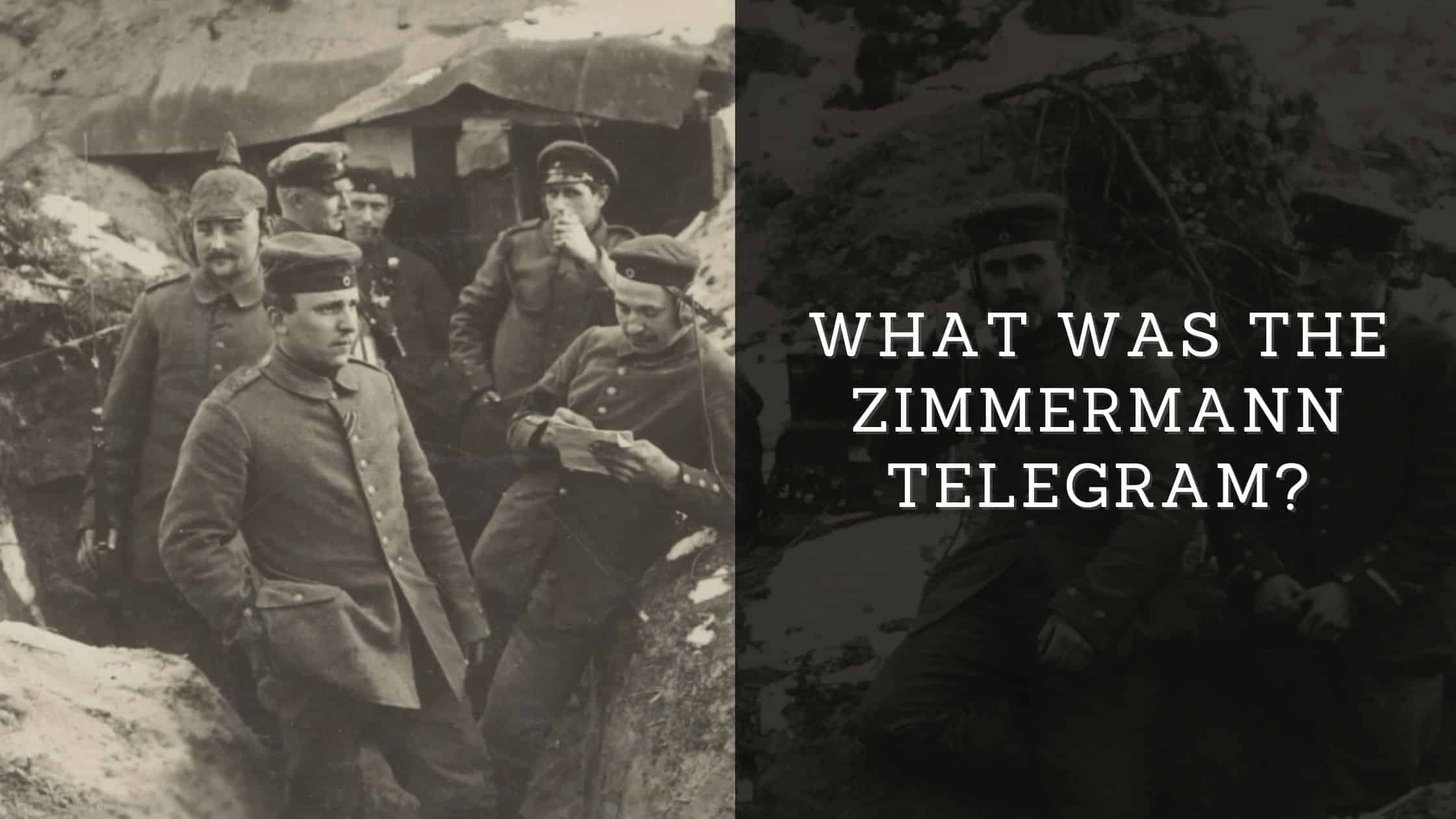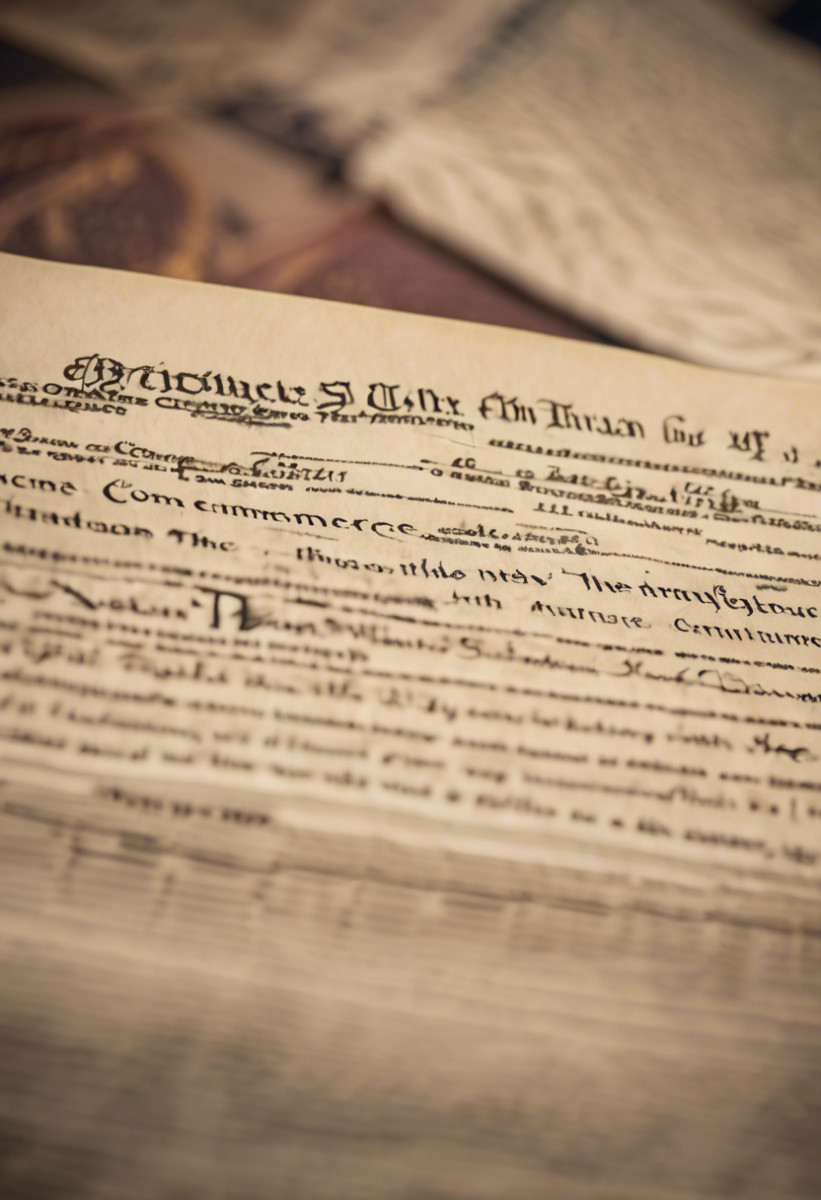Table of Contents
ToggleSources
- https://www.archives.gov/research/pentagon-papers
The National Archives provides the official, declassified Pentagon Papers, making it a primary source for verifying the historical details and revelations mentioned in the blog post. - https://www.britannica.com/event/Pentagon-Papers
Encyclopaedia Britannica offers a comprehensive and authoritative overview of the Pentagon Papers, including their origins, content, and impact, which aligns with the blog post's claims. - https://www.nytimes.com/2021/06/13/us/pentagon-papers.html
The New York Times, which originally published the Pentagon Papers, provides historical context and analysis, including details about Daniel Ellsberg's role and the media's involvement in the leak. - https://www.history.com/topics/vietnam-war/pentagon-papers
History.com offers a detailed account of the Pentagon Papers, including the political fallout and their significance in U.S. history, supporting the blog post's narrative about the revelations and their impact. - https://www.rand.org/about/history/ellsberg.html
The RAND Corporation's page on Daniel Ellsberg provides insights into his background and motivations for leaking the Pentagon Papers, corroborating the blog post's details about his role.
Key Points
- The Pentagon Papers were a classified Department of Defense history of U.S. involvement in Vietnam from 1945 to 1967, commissioned by Secretary of Defense Robert McNamara.
- The Papers revealed that four successive U.S. administrations (Truman, Eisenhower, Kennedy, Johnson) had lied to the public about their intentions and actions in Vietnam.
- McNamara secretly commissioned the study in 1967 to document U.S. military involvement in Indochina, intending it to remain classified and not for public release.
- Daniel Ellsberg, a military strategist and former supporter of the war, leaked the Papers to the New York Times after failing to get politicians to act on the revelations.
- Key revelations included Truman's military aid to France in the 1950s, Eisenhower's efforts to prevent a communist takeover, and Johnson's covert and overt warfare plans.
- The Papers showed that U.S. involvement in Vietnam dated back to the 1950s, contradicting public statements about the scope and timeline of the conflict.
- The leak caused widespread public outrage and controversy, damaging the legacies of five presidential administrations, including Nixon's.
- The Nixon administration's unlawful attempts to discredit Ellsberg linked the Pentagon Papers scandal to the later Watergate scandal.
- The Papers exposed systemic deception by U.S. leaders, including misleading Congress, allies, and the American public about the war's progress and intentions.
Summary
The Pentagon Papers, a classified Department of Defense report commissioned by Robert McNamara, revealed that four U.S. administrations had misled the public about the extent and intentions of American involvement in Vietnam since the 1950s. Leaked by analyst Daniel Ellsberg to the *New York Times* in 1971, the documents exposed covert actions, presidential lies, and military escalations, sparking public outrage and fueling distrust in the government. The scandal also contributed to the unfolding Watergate crisis under President Nixon.
The Pentagon Papers consisted of a Department of Defense history of the political and military involvement of the United States in Vietnam from 1945 to 1967.
They were commissioned by then Secretary of Defense Robert McNamara and officially titled the Report of the Office of the Secretary of Defense Vietnam Task Force.
What did the Pentagon Papers reveal?
The Pentagon Papers made a number of revelations that shocked the American public. These revelations included President Truman’s military aid to France in their colonial war against communist-led forces in Vietnam in the 1950s.
They also revealed that four successive United States administrations had lied to the people of America regarding their intentions in Vietnam.
How Did The Pentagon Papers Come Into Existence?
Unbeknownst to the American public in 1965, as the Vietnam War was waged with seemingly no end in sight, the nation’s involvement in the conflict was much deeper rooted than they realised.
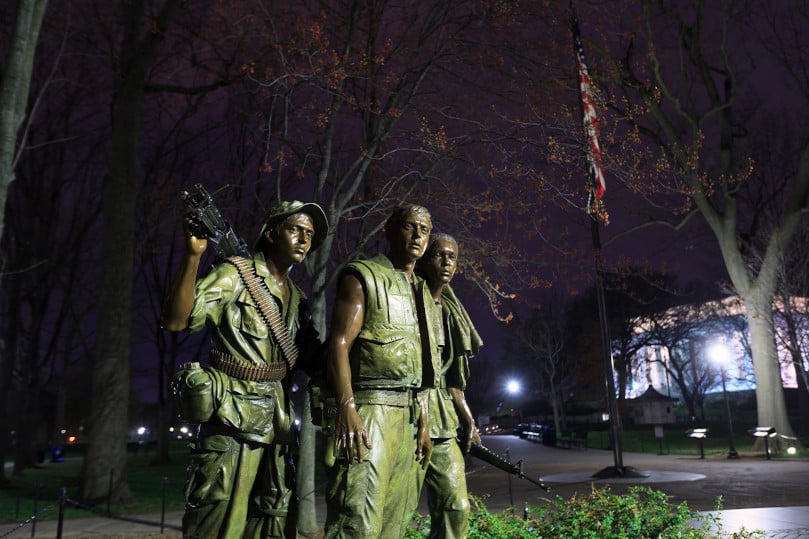
The United States had just sent its first combat troops into Southern Vietnam. All the while, the Secretary of Defense, Robert S. McNamara, was delivering speeches to the public that were steeped with lies.
Being someone with accessibility and clearance to the United States’ most confidential information, McNamara knew exactly how poorly things were going.
He was aware of the lies being fed to the country’s citizens, Congress, and the United States’ allies. In fact, as the Secretary of Defense, many would argue that McNamara was the main architect coordinating the war.
The Vietnam Study Task Force
This makes it even more surprising that the truth about the United States’ involvement in the Vietnam War only became public knowledge because of Robert McNamara.
In 1967, McNamara decided to secretly commission an investigation into the entirety of the United States’ involvement in Vietnam and Defense Department decision-making – which would date back until the end of World War II.

The research of classified documents and their findings would become known as the “Pentagon Papers” and were completed by the “Vietnam Study Task Force.”
Robert McNamara had intended the Pentagon Papers to serve as an official record of the United States military involvement within Indochina.
He had no intention of these papers ever being made readily available to the public, as he understood that the information was not only highly classified but would also likely cause an uproar and speculation amongst United States citizens.
How Did the Pentagon Papers Become Publicized?
Considering that the Pentagon Papers and the Vietnam Study Task Force were considered to be working with and researching top secret and classified government information, it was clear that none was to be leaked to the public – particularly not to media outlets.
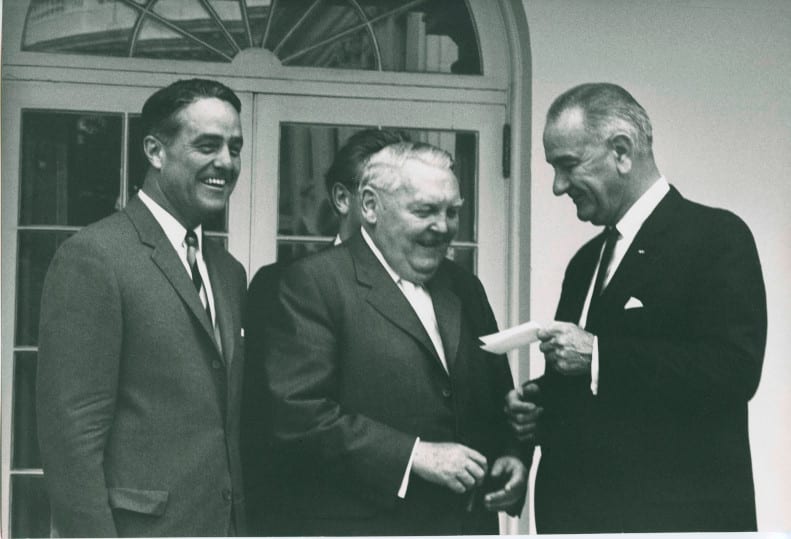
McNamara had also neglected to inform President Lyndon B Johnson of his decision, so he elected not to utilize existing Defense Department historians.
Instead, he opted to assign his close friend and Assistant Secretary of Defense John McNaughton the task of collecting all the necessary information.

Get Smarter on US News, History, and the Constitution
Join the thousands of fellow patriots who rely on our 5-minute newsletter to stay informed on the key events and trends that shaped our nation's past and continue to shape its present.
Unfortunately, McNaughton died in a tragic plane crash only a month after the project had commenced. Despite this, the task was carried out under the watchful eye of Leslie H. Gelb – a Defense Department official.
Once the information was gathered, a team of thirty-six analysts – half were active-duty military officers, and half were a mixture of academics and civilian federal employees – began working on the study for McNamara.
Enter Daniel Ellsberg
One of the analysts chosen for the task was Dr. Daniel Ellsberg. He worked for the RAND Corporation before being recruited by the Department of Defense to work as one of their military strategists – under McNamara.
Before this work, Ellsberg spent two years in South Vietnam under General Edward Lansdale. This experience and the information he had uncovered during the study entirely changed his view on the war.
Initially, Daniel Ellsberg had been an avid supporter of the war effort. However, the new intelligence had soured his views of the conflict and the United States’ political administration.
He firmly believed that if the public were to know what the study revealed, they would feel similarly to him. So, with the help of a colleague, Anthony Russo, Ellsberg began making a copy of the entirety of the Pentagon Papers.
D.C. turns a blind eye
Ellsberg shared the copied research with politicians he believed would help and were anti-war, but his attempts fell on deaf ears.

When every official channel he approached turned him away or failed, he contacted a highly regarded reported, Neil Sheehan, of the New York Times.
Within a few days, the New York Times began publishing segments of the findings, which caused shock and disgust among American citizens and international controversy.
What Secret Government Information Did the “Pentagon Papers” Contain?
One of the initial major revelations that were publicly scrutinized after the Pentagon Papers were publicized involved former President Harry S Truman.
It was revealed that under his advisement, his administration gave military aid to France during its highly controversial colonial war against the Viet Minh – a national independence coalition formed at Pác Bó by Hồ Chí Minh.

This information was especially appalling, as it meant that the United States had been directly involved in Vietnam since the 1950s – almost two decades before troops were deployed there.
Roosevelt and Truman administrations
The releases brought on an abundance of controversy surrounding the Truman presidency and his administration to light, as the act of sending military aid to Vietnam went directly against the actions of his predecessor, Franklin D. Roosevelt – who repeatedly refused France’s requests for assistance in recolonizing Vietnam in the early 1940s.
The Pentagon Papers also uncovered information regarding President Dwight D Eisenhower. The research proved that he had decided to prevent a communist takeover from occurring in South Vietnam solely to undermine and thwart the newly formed communist regime of North Vietnam.
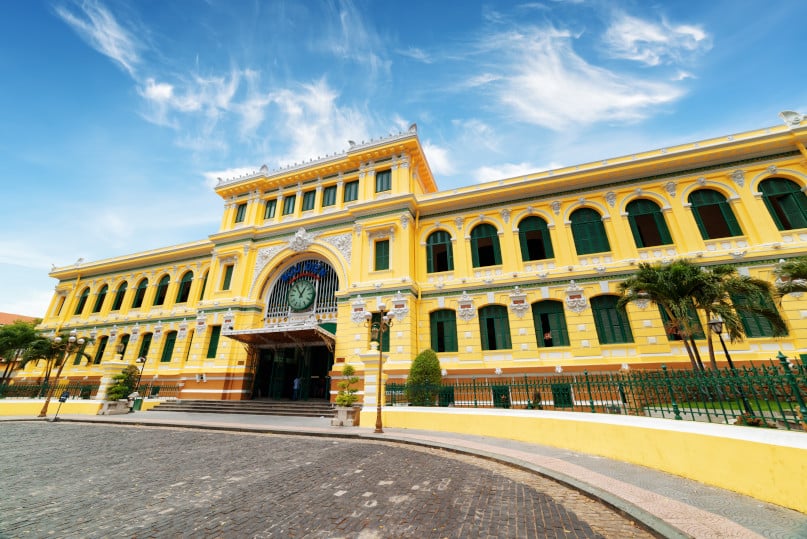
JFK and the policy of ‘broad commitment’
There was also information depicting the decisions of President John F Kennedy to transform a pre-existing and inherited policy of “limited-risk gamble” into an entirely revamped and different policy of “broad commitment” – going directly against initial intentions.
Johnson’s covert warfare
Some of the most distressing information in the report was regarding President Lyndon B Johnson. It was brought to light that he had chosen to intensify covert warfare against North Vietnam throughout his time in office while specifically beginning the plans to wage overt war in 1964.
This was a year before any minimalistic information about the United States’ involvement in Vietnam was publicly revealed.
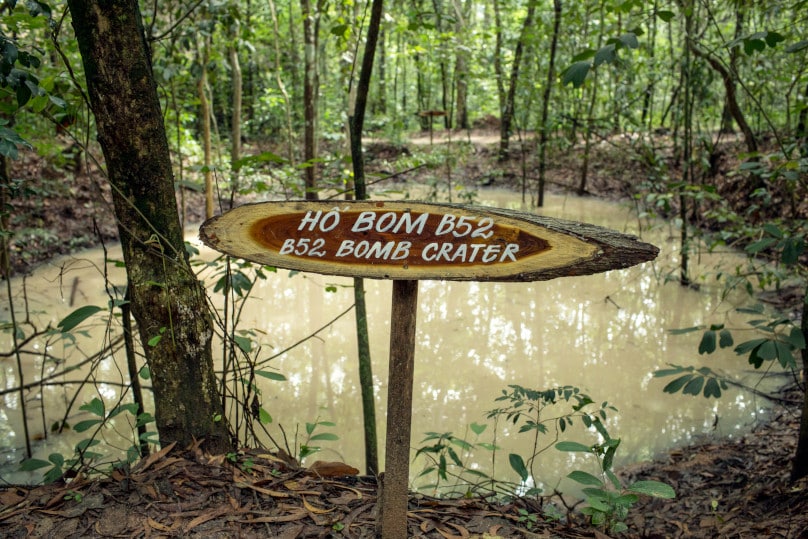
Information also came forward that revealed the responsibility of Lyndon Johnson for ordering the bombing of North Vietnam in 1965. This went directly against the United States intelligence community advice, which warned that the bombing would not cause the North Vietnamese to slow or halt their support of the Viet Cong insurgency raging in South Vietnam.
Aside from the particulars that were disclosed to the public, one fact became abundantly clear – that Presidents Truman, Eisenhower, Kennedy, and Johnson (and their administrations) had misled and blatantly lied to the American public. They continued to downplay and hide the extent of the nation’s involvement in Vietnam.
President Nixon and the Pentagon Papers
The leak of the Pentagon Papers not only created controversy but it greatly affected and forever tainted the legacies of five different presidential administrations – including President Richard M Nixon.
Much of the Pentagon Papers issues seeped over into the Watergate scandal, especially the revelations that the Nixon administration had authorized many unlawful attempts to discredit Ellsberg.
What Did the Pentagon Papers Reveal? Quiz
Frequently Asked Questions
What were the Pentagon Papers?
What major revelations did the Pentagon Papers expose?
How did the Pentagon Papers become public?
Why did Robert McNamara commission the Pentagon Papers?
How did the Pentagon Papers impact U.S. politics?
How useful was this post?
Click on a star to rate it!
Average rating / 5. Vote count:
No votes so far! Be the first to rate this post.
We are sorry that this post was not useful for you!
Let us improve this post!
Tell us how we can improve this post?
